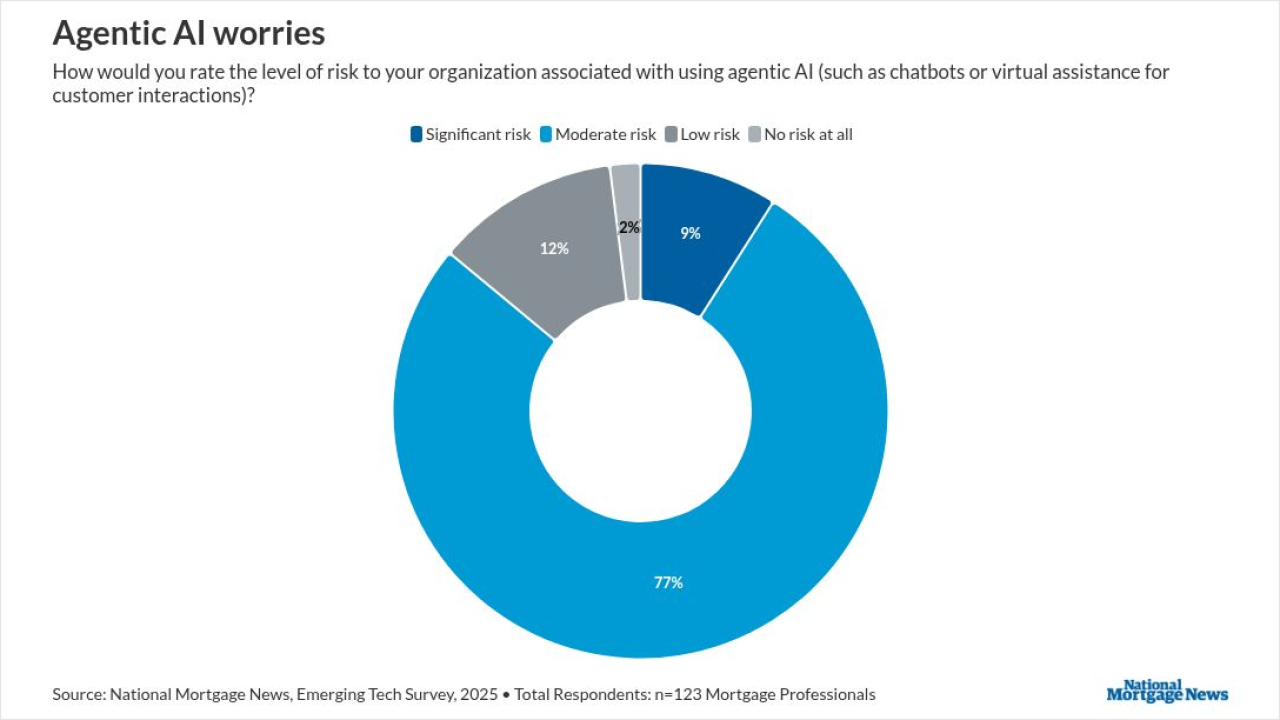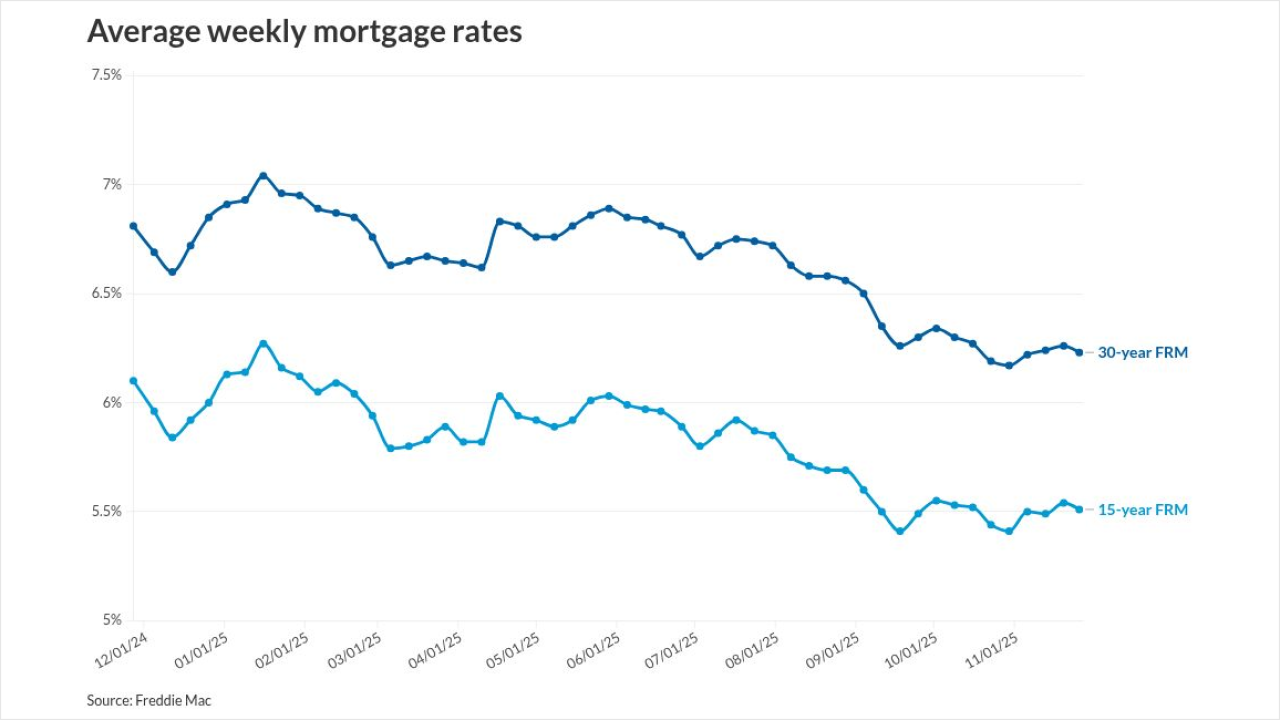There's a high number of houses that are lying vacant in Lenoir, N.C., and the numbers don't seem to be getting any better.
Out of almost 8,800 houses in Lenoir, about 18% are vacant, according to the U.S. Census Bureau's 2011-15 American Community Survey. About half of them are for rent, for sale, sold but not occupied, or for seasonal use, but the other half are considered as "other vacant" — vacant for an unknown reason, according to the survey.
The amount of vacant housing units in Lenoir has grown to an unusually high number since the 2000 census, said Taylor Dellinger, a data analyst for the Western Piedmont Council of Governments.
According to the 2000 census, a little more than 7% of the homes in Lenoir were vacant, and by the 2010 census 11% were vacant. Lenoir's vacant housing accounts for about two-thirds of the vacant housing in Caldwell County, he said.
"Between census 2000 and the 2011-2015 American Community Survey, the number of vacant housing units within the Lenoir city limits has almost tripled," Dellinger said. "It's definitely up. There's no questions about it."
That period of time includes the contraction and offshoring of jobs in the furniture industry as well as the Great Recession, which pushed Caldwell County's unemployment rate in February 2010 to a peak of 17%.
Lenoir isn't alone. Dellinger said Lenoir's vacant housing numbers were comparable to those in Burke County, and the region overall has a growing problem of abandoned or empty houses.
As far as whether Lenoir is losing more housing than it's gaining, Dellinger said the rate is pretty flat. All four counties in the region had less overall housing in 2015 than in 2010.
The cause of the steady rise of vacant housing in Lenoir can be pinned to several factors.
Jenny Wheelock, the city planning director for Lenoir, said that the increase has been mostly due to a decline in the city's population and the foreclosure crisis from 2007 to 2009. But the city has found that the banks didn't finish all the foreclosures. In other cases, a house's owner died and the heirs either are unaware of their inheritance or can't agree on what to do with it, so it remains empty.
Wheelock said these vacant houses can quickly become a drain on the community.
"They can attract squatters, vagrants, drugs, that kind of thing. So it's a little bit of a drain on our police resources. But more than anything, it takes people to be a part of a community," she said. "And it makes a community safer when you know your neighbors and you know who's supposed to be there. And when you've got vacant houses just sitting there, I think it's detrimental to the fabric of your community."
The high number of vacant houses also may be hurting local officials' efforts to lure a developer to build new, market-rate apartments, something that the Lenoir area has not seen in more than 30 years, Wheelock said.
Local business and economic development officials have said that the lack of new rental properties meeting modern consumer demands has sent about 30% of all new hires in recent years to housing in neighboring counties.
But when developers come in and look at what the market might support, developers see there already is more housing than the population "needs," Wheelock said.
"There is a market here but it's being falsely depressed by some of the numbers about the vacant houses, and I think we just need to systematically start tackling that too. It's both sides," she said.
Over the past two years, Lenoir has stepped up its efforts to crack down on properties that don't meet minimum housing standards. If a property owner won't fix a house, the city presses for the owner to tear it down, or the city will tear it down and charge the owner.
During 2016 five property owners tore down houses under that program, and the city had three more torn down, said Zach Clark, the zoning and housing inspector.
Wheelock said that city officials also are considering foreclosing on vacant houses with large overdue tax bills, then trying to find private owners to buy, renovate and remarket them. Sometimes the right answer isn't just tearing a home down, she said.
"We're continuing to chip away at that. I think we can explore this idea of using tax foreclosures to try to help get these properties unstuck," she said.
"I don't think we need to tear down too much. I think we could look back and regret it if we go too demo-happy," Wheelock said. "So I'm kind of OK with our pace. It's a Catch-22. Because you don't want all these structures sitting there deteriorating and then preventing investment."





